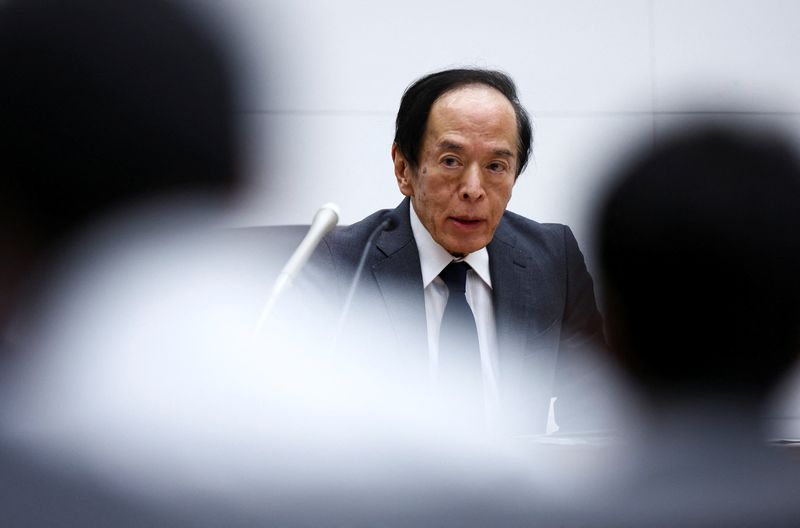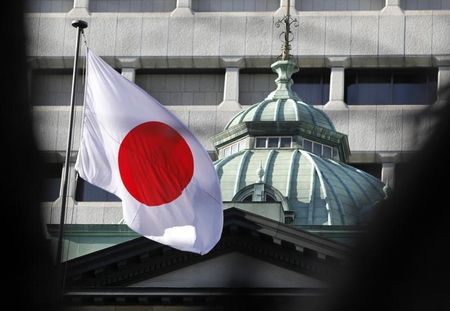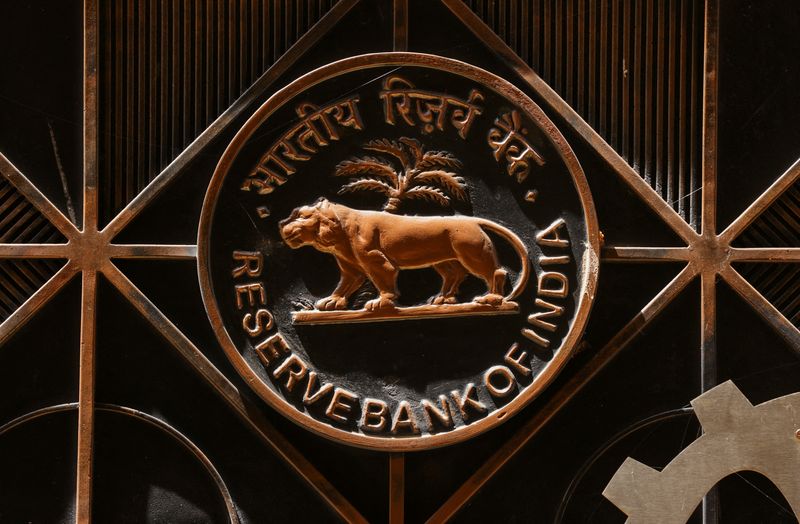Investors react to BOJ's decision to keep rates steady
NeutralFinancial Markets

Investors are closely monitoring the Bank of Japan's recent decision to maintain its current interest rates, a move that reflects the central bank's cautious approach to economic recovery. This decision is significant as it impacts financial markets and investor confidence, highlighting the ongoing challenges Japan faces in stimulating growth while managing inflation.
— Curated by the World Pulse Now AI Editorial System














